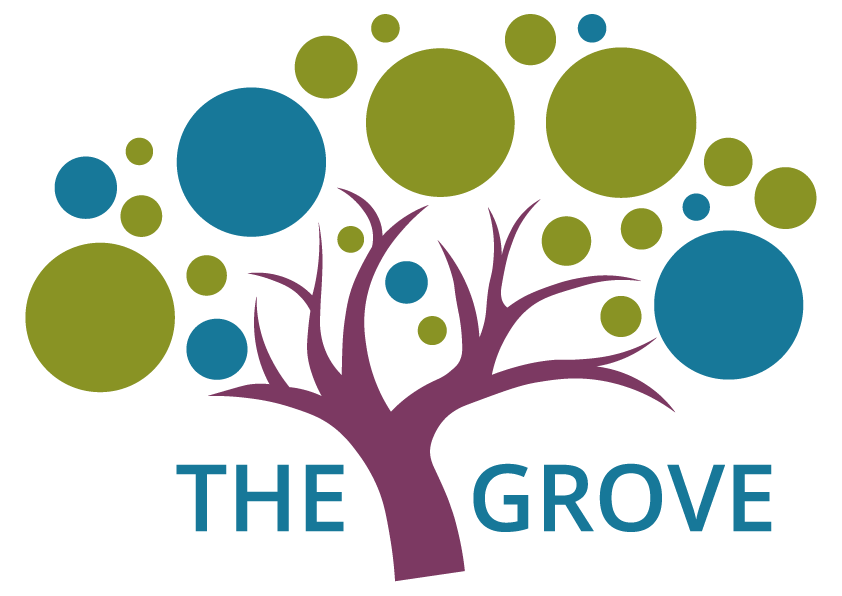Primary Semi-Formal and Formal Curriculum Overview
The Grove Primary Curriculum is broad and balanced, and is underpinned by an in-depth knowledge of each individual student, and how they learn.
The intent of the Primary curriculum is to introduce our pupils to a wealth of new experiences to become successful learners, confident individuals and responsible citizens.
Pupils in the Primary department follow either the semi-formal or formal curriculum. The semi-formal pathway is for pupils who are working at pre key-stage standard levels and uses an adapted curriculum that aligns with the National Curriculum. The formal curriculum is for pupils who are working at National Curriculum level. All learning is accessible, meaningful and relevant to all students. Every lesson is planned to be challenging, enjoyable and successful for each student and there are many opportunities for practical hands-on activities and visits to places that enhance learning and extend cultural capital, ensuring learning is fun!
The Primary Curriculum is organised into 5 Pathways:
- Engagement Curriculum
- The Semi-Formal Pathway 1
- The Semi-Formal Pathway 2
- Formal Curriculum Pathway 3
- Formal Pathway 4
All pathways use thematic curriculums and are delivered in three year cycles. Termly themes within pathways are the same, which allows students to work flexibly between two pathways if appropriate. (See primary curriculum map for more detail.)
The three year cycle provides students with the opportunity to move smoothly from one pathway to the next, and to consolidate and enrich skills learnt within each theme. Themes have been carefully chosen to have a particular relevance to students, and enables them to apply the skills and knowledge acquired in English, Maths, Science and other curriculum areas in a purposeful and concrete way. Each theme is designed to be broad and balanced ensuring coverage of Humanities, PSHE / RSHE, The Arts, Technology, Music, PE and Cultural Studies/MFL.
The Pathway 3 Formal Curriculum incorporates the statutory requirements of the National Curriculum, whilst also providing other experiences and opportunities which best meet the learning and development needs of the pupils in our school. The aim of our Pathway 3 curriculum is for students to have the requisite skills to be successful, independent and motivated learners in readiness for their next stage of education. (See Pathway 3 Formal Primary Curriculum Map).
At the Grove school, play takes a central part in our curriculum. We see play as being fundamental to the development of both the student and the adult that the student will become. Play is an essential part of learning, so we provide our students with a safe and secure environment, to explore and engage in play and leisure skills.
Our Life Skills Curriculum provides a broad framework for pupils to work from, with the intent on preparation for independence and adulthood. It includes many opportunities to develop many aspects of important life skills through the experience of daily activities both in school and off site, and is incorporated throughout the day as well as taught in discrete lessons. The Life Skills curriculum draws on aspects of the Autism Education Trust (AET) progression framework, and has been developed and adapted drawing on areas of the Equals schemes of work, which complement the wider life skills curriculum content.
Primary Overview
Please click here for the Primary Curriculum Overview


